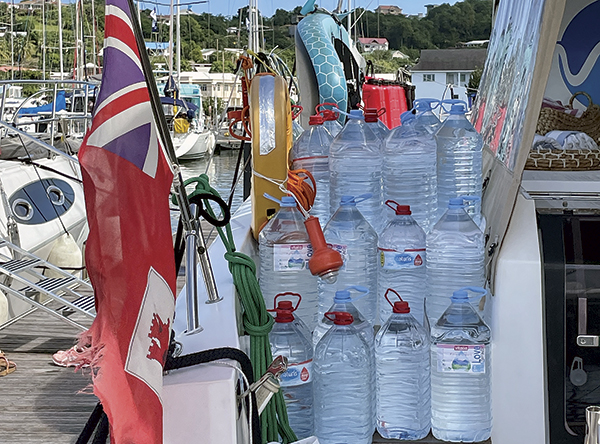
One of my favorite parts of a charter is the checkout. I know, weird. But that’s the time I learn the boat that will be my charge, my baby and possibly my headache for the next week or two. I get right down into the bilge, engine room and anchor locker, because I have people depending on me to make their vacation a good one. There’s also no better time to get waist-deep into whatever issues a boat might have than before leaving the dock.
I find most checkout guys to be wizards. They’ve had to McGyver countless crazy problems with limited spares on tight turnaround schedules and know their boats’ gremlins like their own kids’ quirks. I’ve therefore learned to listen more than I speak. I’ve also learned to make myself heard whenever I see something wrong and to not let the checkout manager off the boat until I’m satisfied. This, not surprisingly, has resulted in some funny and even ridiculous sea stories.
During one checkout, for example, I noticed the bilge pump was cycling needlessly and making an incredible racket. When I pointed this out, I was told to just turn it off at night so people could sleep. Nope, bilge pumps are safety items, so that wasn’t going to happen.
As a second try at a brushoff, I received a long mansplanation on how a variable-speed pump works. When I pointed out that this was not how the pump was behaving, the guy finally agreed to put in a new one. The next bit of bad news was that the pump in the other hull (this happened to be a cat) was in the same condition. I was then told they had no more new pumps, after which a stare-down followed, which resulted in his coming back an hour later with a pump he had clearly cut out of another boat. Despite our having wrangled well into the first night of our trip, we ended up sharing some rum later, and the pumps worked flawlessly the entire charter.
Over the years I’ve also learned that “half-listening” is another way you can get yourself in trouble. “If the batteries are dead, just come down here and combine them, turn this and that off, and then start the port engine first,” was one bit of advice I should have paid more attention to. “Why would the batteries be dead when I’m such a good steward of onboard power management?” I thought, not letting what I was being told really sink in. Sure enough, a few hours later, we didn’t have enough voltage left for the windlass or fridge, and every morning I got only a click when I tried to start the engines. On the plus side, I could get through anchoring, cooling and starting the boat every day by remembering all that the checkout manager had told me before setting out. However, what I really should have been paying attention to was what he wasn’t really telling me, which is that the boat had a worn-out energy-storage system.
Another classic occurred with a watermaker. A boatload of newbies almost always equals water issues, so watermaker procedures are at the top of my must-know list. One evening, I ran the generator for three hours to make water and got zip. After much consternation, I figured out that a faulty water-quality sensor was rejecting good water, so I had put gallons of perfectly adequate water into the lagoon instead of into my tanks. In retrospect, I realized my ears should have pricked up back at the base when I was told, “If there’s a problem, do this and that for a bypass.” Again, key information often comes to you in disguise. You have to listen between the lines if you will.
My favorite bar-time story (besides the time a gentleman at the helm had his hearing aid off during a crucial narrow-passage maneuver) is my “Tale of the Alarms.”
It all began when a checkout manager once told me, “If all the alarms go off at the same time, come down here, flip these three switches, start the genset, etc.” Sure enough, on our first Med moor, I dropped the anchor, started backing for the dock and every alarm on the boat immediately went off causing all heads in the harbor to turn. Worse yet, I’m embarrassed to say the exact same thing happened at the next six harbors. Finally, it became clear there was a short in the windlass that was instantly bringing the voltage below 10 volts—at which point we quickly became that day’s source of amusement.
The good news is that today’s charter companies are better than ever when it comes to taking care of their boats. Nonetheless, during the checkout, listen carefully, speak forcefully and take plenty of notes. The dividends this will pay both you and the charter company down the road are worth the extra effort.
April 2020










